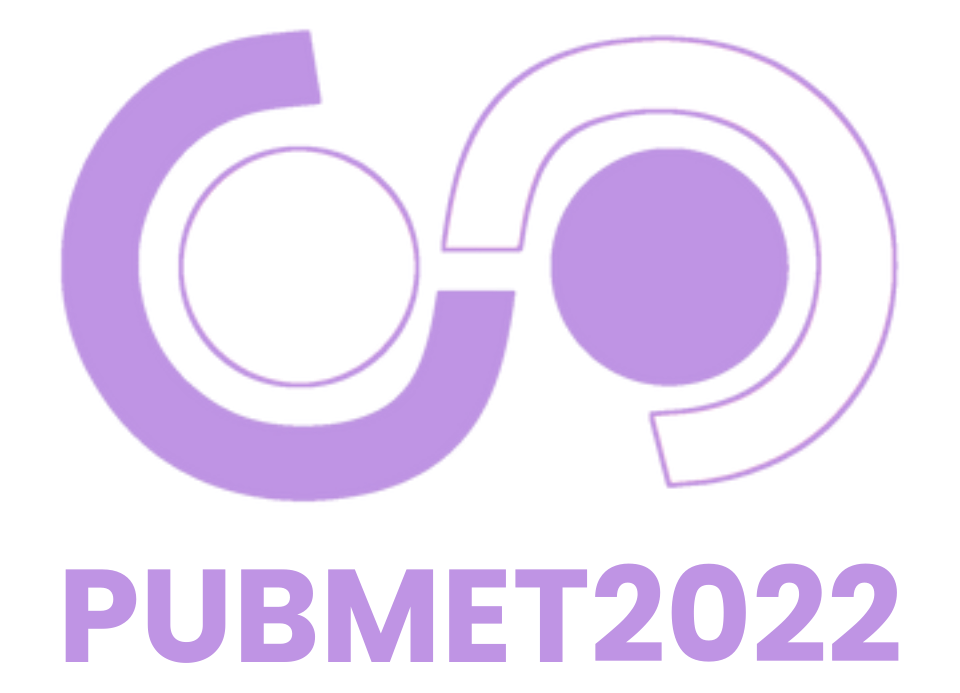National Contact Point for Citizen Science in University Library
In recent years, the Open Science paradigm has gained importance. Citizen Science is one of the tiles in the Open Science mosaic, which on one hand enables the public to be involved in science and on the other hand it plays an important role in informing the public about science and its methods. The growing importance of Citizen Science should be seen in the context of scientific research policies in the European Research Area. It is an integral part of the Responsible Research and Innovation (RRI) policy. The European Commission has been encouraging the development of this concept for many years, and it has strongly supported it financially in the framework program Horizon 2020, where it provided more than 460 million euros for Citizen Science projects alone within the framework of Science with and for Society (SwafS) sub-program. In the framework program Horizon Europe, this concept of scientific research work is a recommended practice of Open Science.
Citizen Science projects in Slovenia have been running in different ways for a long time. A systematic funding of Citizen Science projects is not yet included in national research co-funding instruments. However, Slovenia‘s Research and Innovation Strategy 2021–2030 in its Action Plan suggests setting up a national contact point for citizen science (NCPCS).
In the first part of the presentation, we would like to present the results of our Citizen Science analysis in Slovenia. In the second part, we want to discuss the role, importance and organization of NCPCS in a research environment like the Slovenian one is. Our research is a professional analysis on which we will try to build the NCPCS. We would like to present the current state of Citizen Science in Slovenia along with present organisational challenges, some examples of Citizen Science projects, and also a vision of how the national contact point could be structured and function. We will also discuss the role of university libraries in creating and managing NCPCS by means of their information resources and infrastructures. So far, the information regarding existing projects had to be collected manually by monitoring institutional webpages or by personal contacts, which is less than optimal. A relatively large number of projects are currently underway, but they are not cross linked and are scarcely visible.
When setting up NCPCS, recommendations such as BESPOC (Broad Engagement in Science, Point of Contact) should be followed. BESPOC offers these services and activities:
- A platform to build and continuously update the policies for Citizen Science, to review projects and infrastructures and to connect all potential stakeholders,
- Sharing information and advocacy about Citizen Science activities,
- A collection of templates for Citizen Science activities (data sheets, protocols, training methods, checklists, reports, evaluation forms, etc.),
- Entry points and dissemination points for scholarly and layperson communications,
- A point of reference for scientists to show how to apply the Citizen Science concept in scientific research work and to incorporate it into grant proposals,
- A gateway for the public to propose research projects.
Additionally, good practices in the international community as for example Österreich forscht (Austria, https://www.citizen-science.at/en/), Bürger schaffen Wissen (https://www.buergerschaffenwissen.de/) or Citizen Science Network Switzerland (Switzerland, https://citizenscience.ch/de/) should be pursued.
According to our conclusions, the key tasks of the NCPCS should be:
- Active monitoring, promoting and documenting Citizen Science projects,
- Reviewing and promoting infrastructures that will be available to researchers for the implementation of Citizen Science projects,
- Connecting different stakeholders,
- Promoting the production of various documents in the Slovenian language for the implementation of Citizen Science projects, such as the Citizen Science Toolkit,
- Support in crowdsourcing for projects,
- International cooperation.
We will pay special attention to supporting the development of the Citizen Science concept at universities and to including a network of Slovenian public libraries to support Citizen Science projects in the local environment.

